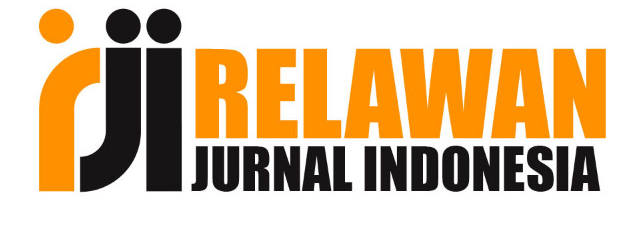Analisis Usaha Jasa Seventeen Voucher Sebelum dan Setelah Dilakukannya Penerapan Business Model Canvas
Erianti Enji, Sabinus Beni
DOI:
https://doi.org/10.36982/jiegmk.v14i1.2973Abstract
This research discusses the application of Business Model Canvas (BMC) on Seventeen Voucher service business before and after implementation, using SWOT analysis to identify strengths and weaknesses. The study aims to provide insights for business owners in developing effective business strategies and improving customer satisfaction. The data was collected through observation, in-depth interviews, and documentation, and analyzed using qualitative and SWOT analysis methods.The results show that the target customer segment is students in and around the campus, the value proposition is providing convenient services for internet-related needs, and the channels used are WhatsApp Business and
Facebook. The study also identifies areas for improvement in customer relationship management and cost structure.The research discusses the evaluation of the Business Model Canvas (BMC) implementation in Seventeen Voucher service business and its analysis using SWOT analysis. The study found that affordable prices, promotions, and social media usage for promotion are factors that attract customers. Quality of service, reliability, responsiveness, and assurance are also important factors in customer satisfaction. Pricing is determined by observing the market and adjusting to customer
demand. The BMC helps simplify and communicate business strategies effectively. Overall, the study provides valuable insights for business owners in developing effective business strategies and improving customer satisfaction. The use of the BMC and SWOT analysis methods can help businesses identify their strengths and weaknesses, and develop strategies to improve their performance. The findings of this study can be useful for businesses in various industries, especially those targeting student customers and in the business progress.
Keywords: Analysis, SWOT and Business Model Canvas
Downloads
Published
How to Cite
Issue
Section
License
Copyright (c) 2023 Erianti Enji

This work is licensed under a Creative Commons Attribution-ShareAlike 4.0 International License.
Authors retain copyright and grant the journal right of first publication with the work simultaneously licensed under a Creative Commons Attribution License that allows others to share the work with an acknowledgement of the work's authorship and initial publication in this journal.
Â
Authors are permitted and encouraged to post their work online (e.g., in institutional repositories or on their website) prior to and during the submission process, as it can lead to productive exchanges, as well as earlier and greater citation of published work.
Â
LP2M Indo Global Mandiri University has the right to multiply and distribute the article and every author is not allowed to publish the same article that has been published in this journal.










